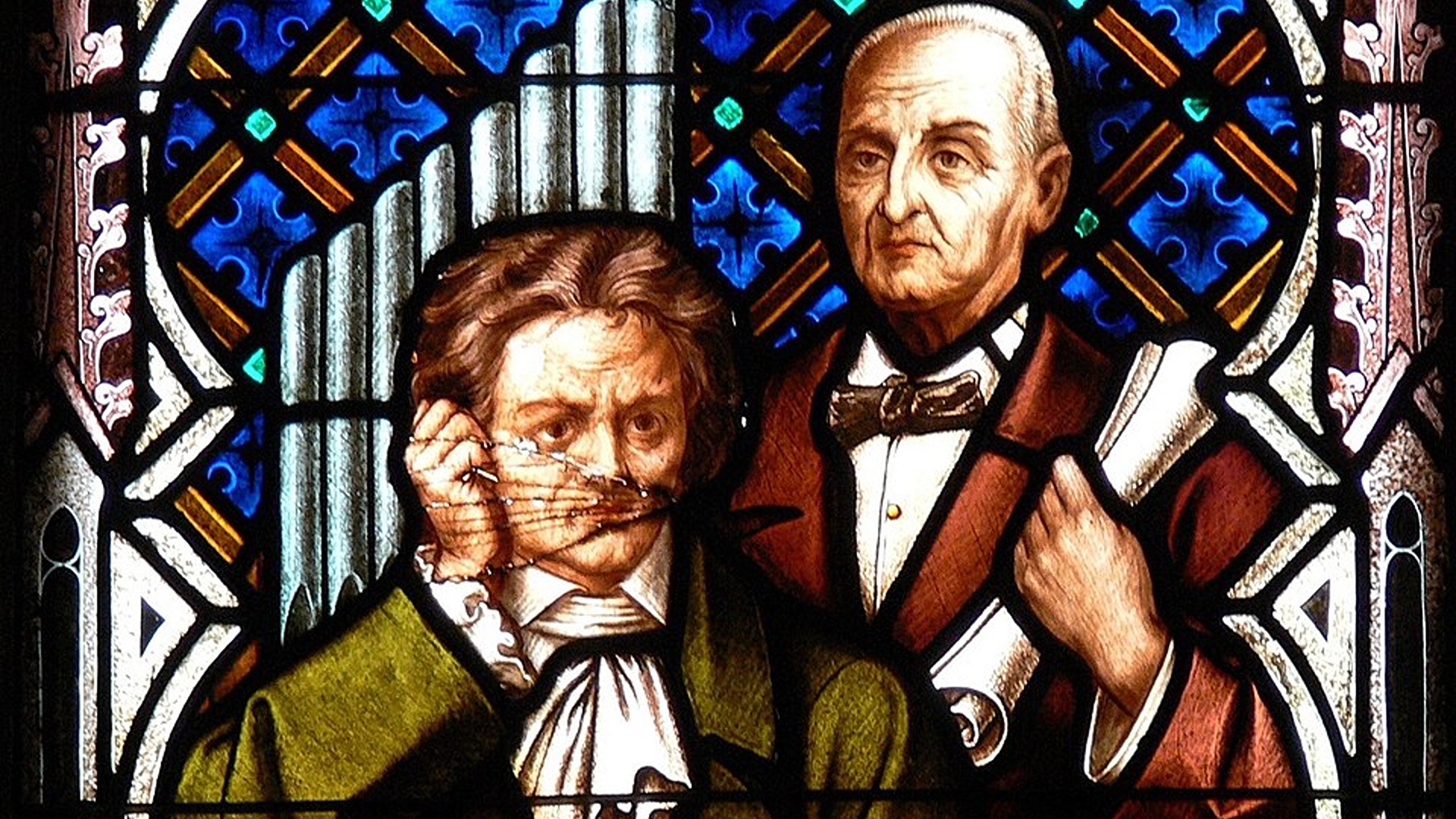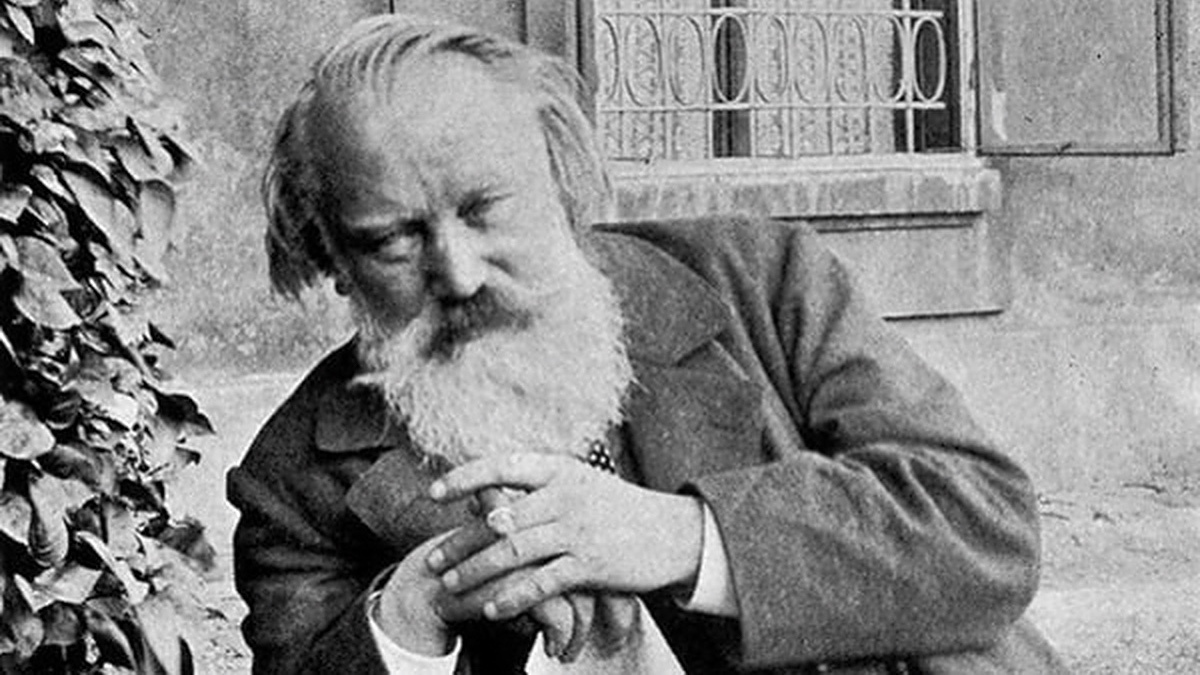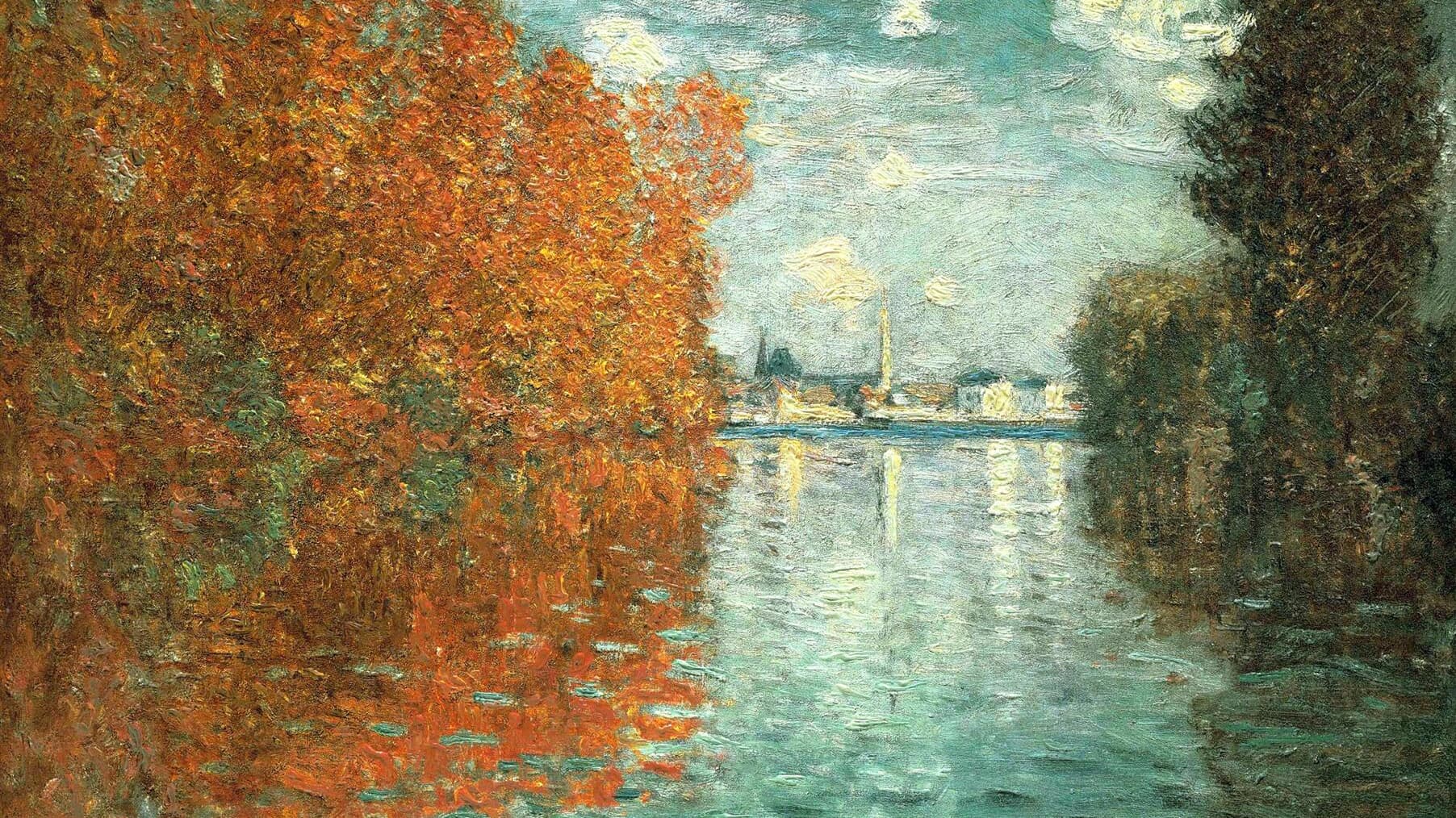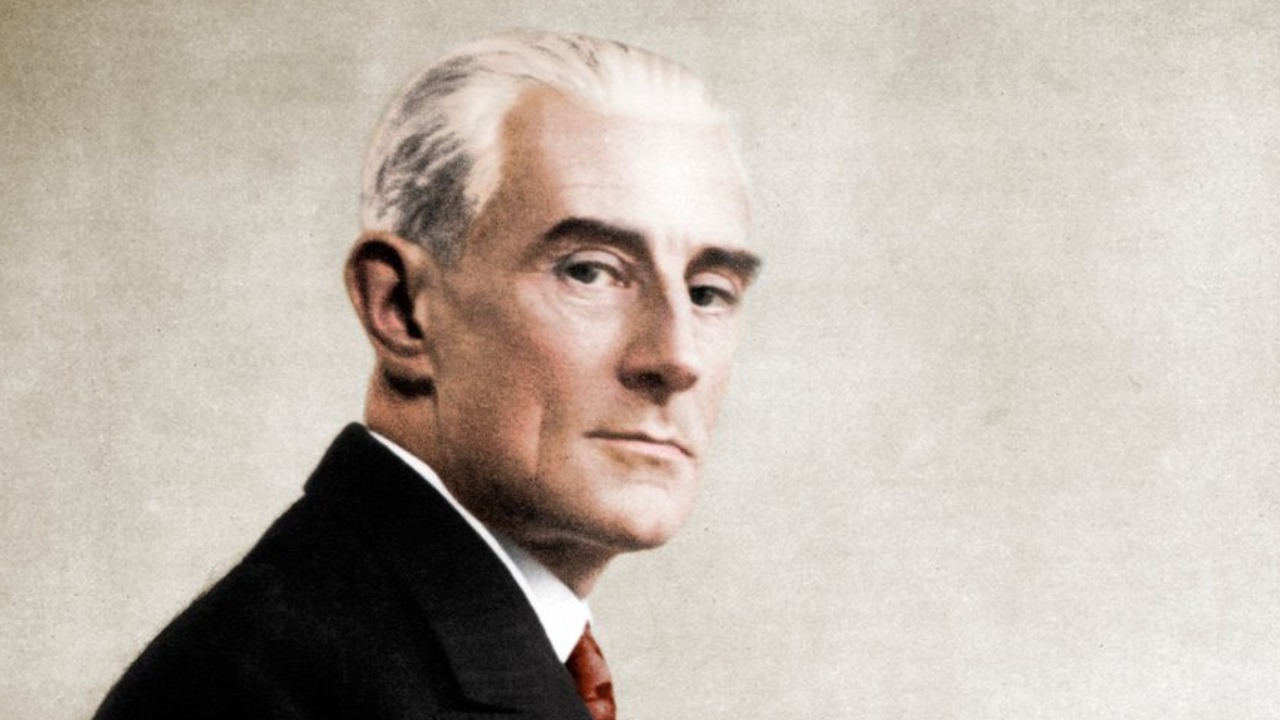Bruckner’s “Locus iste”: A Motet for a Sacred Space
The symphonies of Anton Bruckner have been compared with the architecture of a great cathedral. Unfolding in an ABA da capo form, the brief motet, Locus iste (“This Place”), exhibits a similar sense of structure and divine mystery. Commentator Peter Strasser has observed that the work’s motifs function as architectural building blocks. The latin text, derived from the biblical stories of Jacob’s Ladder in Genesis and the burning bush in Exodus, is used to …





